 History and civics scores drop for U.S. eighth-graders on national test
History and civics scores drop for U.S. eighth-graders on national test
Scores in U.S. history and civics for eighth-graders are down across the U.S., according to recent results from the assessment known as the “Nation’s Report Card.” This year’s history scores are the lowest recorded since the assessment began in 1994, and the new data mark the first-ever drop in civics.
U.S. Education Secretary Miguel Cardona said in a statement that the results, from the National Assessment of Educational Progress, or NAEP, further underscore the “profound impact the pandemic had on student learning.”
The results follow recent national declines in reading and math among students in grades four and eight… (Continue to full article)
 7th-grade student fights back after school told him to change his ‘There are only two genders’ T-shirt
7th-grade student fights back after school told him to change his ‘There are only two genders’ T-shirt
However, he says the response from his fellow classmates was overwhelmingly positive. “Everyone in my homeroom and everyone in my gym class had supported what I had done,” he told Fox News Digital. Morrison, 12, added that no fellow student directly confronted him about the shirt or said it offended them or made them feel unsafe.
However, he was pulled out of gym class on March 21 and told to remove the shirt because several students and staff had reportedly complained. When he respectfully declined to take the shirt off, school officials called his father to come and pick him up
‘I have a right to have a voice,’ Liam Morrison said… (Continue to full article)
 In his rousing keynote address at The Heritage Foundation’s 50th anniversary gala last month, then-Fox News host Tucker Carlson offered an unexpected piece of advice: “Don’t throw away your hard-copy books.”
In his rousing keynote address at The Heritage Foundation’s 50th anniversary gala last month, then-Fox News host Tucker Carlson offered an unexpected piece of advice: “Don’t throw away your hard-copy books.”
 This year I will graduate my first homeschooler. It seems like only yesterday I was teaching our oldest child to read, and now she’s an adult taking college courses. For the last 14 years I’ve been knee-deep in educating our eight children, recently as many as five grade levels at a time, in a one-room schoolhouse style approach. Sometimes it has felt more like being in the trenches – overwhelming and chaotic – but as my older children daily demonstrate, homeschooling is a great way to educate children and grow them into intelligent, connected, focused, happy adults.
This year I will graduate my first homeschooler. It seems like only yesterday I was teaching our oldest child to read, and now she’s an adult taking college courses. For the last 14 years I’ve been knee-deep in educating our eight children, recently as many as five grade levels at a time, in a one-room schoolhouse style approach. Sometimes it has felt more like being in the trenches – overwhelming and chaotic – but as my older children daily demonstrate, homeschooling is a great way to educate children and grow them into intelligent, connected, focused, happy adults. 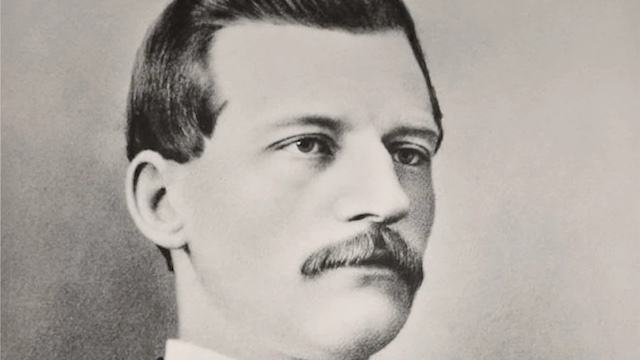 One of the most interesting exports from Georgia to Montana was the namesake for the latter state’s fourth largest city. His name was John Bozeman. His short life is a tale of risk-taking enterprise in the wilds of America’s western frontier.
One of the most interesting exports from Georgia to Montana was the namesake for the latter state’s fourth largest city. His name was John Bozeman. His short life is a tale of risk-taking enterprise in the wilds of America’s western frontier. 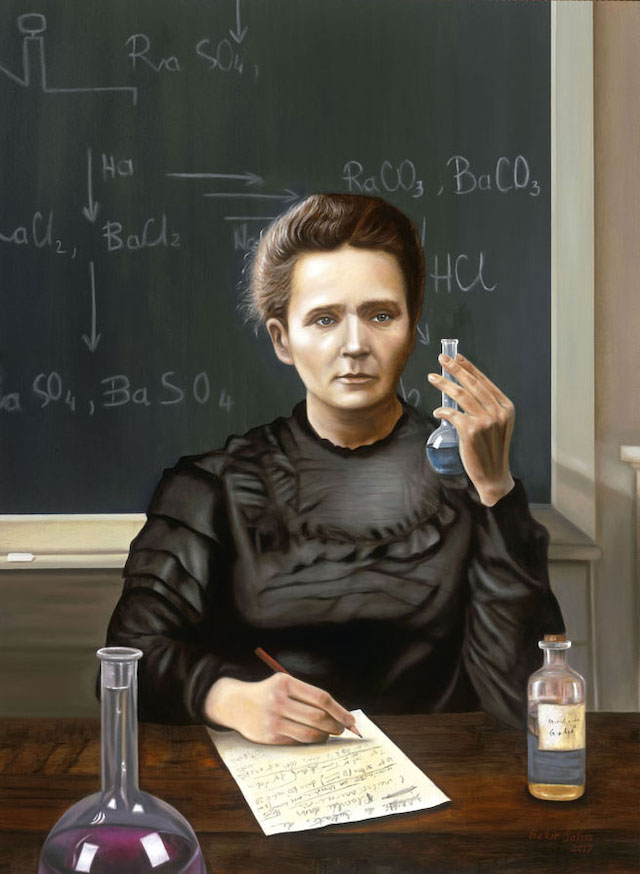 Considered to be one of the most famous 20th-century scientists, Marie Curie is the only person to win two Nobel prizes in two different fields. Defying the expectations for what a woman should be during her time, Curie paved the way for our understanding of radioactivity. She also discovered two new elements, but not without paying a horrific price…
Considered to be one of the most famous 20th-century scientists, Marie Curie is the only person to win two Nobel prizes in two different fields. Defying the expectations for what a woman should be during her time, Curie paved the way for our understanding of radioactivity. She also discovered two new elements, but not without paying a horrific price…  It was a cool, muddy morning in March when I pulled into the empty parking lot of a sprawling forest and nature preserve about 40 miles outside of Fort Worth, Texas. Soon, cars began arriving, filled with exuberant children of all ages, and their parents, who were ready to spend a few hours together in the woods. Donned in rain boots and parkas, these nearly three-dozen nature-goers were part of Barefoot University, a rapidly expanding national network of forest school programs for homeschoolers that was founded by Madeleine Braden and Amber Brown in 2019.
It was a cool, muddy morning in March when I pulled into the empty parking lot of a sprawling forest and nature preserve about 40 miles outside of Fort Worth, Texas. Soon, cars began arriving, filled with exuberant children of all ages, and their parents, who were ready to spend a few hours together in the woods. Donned in rain boots and parkas, these nearly three-dozen nature-goers were part of Barefoot University, a rapidly expanding national network of forest school programs for homeschoolers that was founded by Madeleine Braden and Amber Brown in 2019.  We don’t encourage students to ask the same kinds of questions they did when they were younger. Here’s something I wrote recently about the topic for
We don’t encourage students to ask the same kinds of questions they did when they were younger. Here’s something I wrote recently about the topic for 
 History and civics scores drop for U.S. eighth-graders on national test
History and civics scores drop for U.S. eighth-graders on national test 7th-grade student fights back after school told him to change his ‘There are only two genders’ T-shirt
7th-grade student fights back after school told him to change his ‘There are only two genders’ T-shirt
 Watching Fox News last evening (4/13) Tucker Carlson commented on the sorry situation in Chicago Public Schools. Tucker noted that lots of Chicago public school students can’t read, or can barely read, yet you can’t fail them. Why think of what they would do to their self-esteem! Lots of us have been saying for years now that public school students across the country have been taught almost nothing worthwhile, yet have been conditioned to think they are brilliant. Why any parent in Chicago, or anywhere else, would trust their children’s education to the public schools is beyond me.
Watching Fox News last evening (4/13) Tucker Carlson commented on the sorry situation in Chicago Public Schools. Tucker noted that lots of Chicago public school students can’t read, or can barely read, yet you can’t fail them. Why think of what they would do to their self-esteem! Lots of us have been saying for years now that public school students across the country have been taught almost nothing worthwhile, yet have been conditioned to think they are brilliant. Why any parent in Chicago, or anywhere else, would trust their children’s education to the public schools is beyond me. 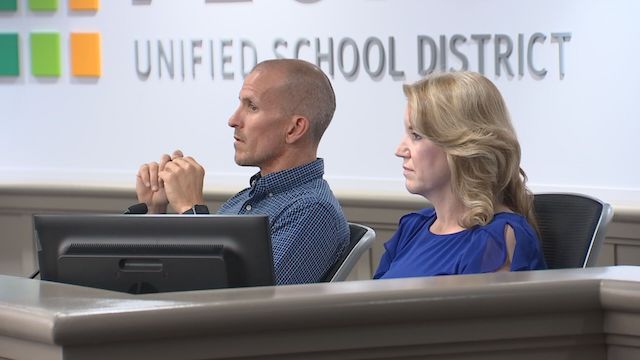
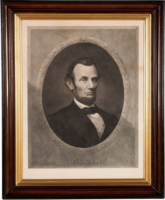


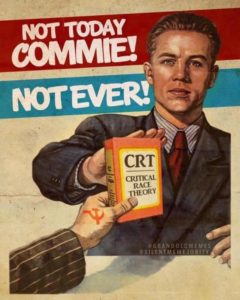 These Government Indoctrination Centers We Refer To As ‘Schools‘
These Government Indoctrination Centers We Refer To As ‘Schools‘ Unlike any other point in the prior four decades, the push to reform the education system through school choice has serious political support and is likely to be passed in many states in the coming years.
Unlike any other point in the prior four decades, the push to reform the education system through school choice has serious political support and is likely to be passed in many states in the coming years. There is no better lifetime achievement than to teach your children or grandchildren to be curious. One of the greatest examples ever written is in the biography of Albert Einstein.
There is no better lifetime achievement than to teach your children or grandchildren to be curious. One of the greatest examples ever written is in the biography of Albert Einstein. With inflation, prices, and bank failures all on the rise these days, many of us are looking anxiously toward our pocketbooks and wondering what we’ll do when the financial crisis inevitably hits. Will we have to start over with our retirement fund, or will we be impoverished in a matter of months?
With inflation, prices, and bank failures all on the rise these days, many of us are looking anxiously toward our pocketbooks and wondering what we’ll do when the financial crisis inevitably hits. Will we have to start over with our retirement fund, or will we be impoverished in a matter of months? George Washington, Thomas Jefferson, Abraham Lincoln, John Adams and Teddy Roosevelt: What do these American Presidents have in common? They were all homeschooled.
George Washington, Thomas Jefferson, Abraham Lincoln, John Adams and Teddy Roosevelt: What do these American Presidents have in common? They were all homeschooled. If a child lives with criticism, he learns to condemn.
If a child lives with criticism, he learns to condemn. The National Commission on Excellence in Education’s release of a report titled “A Nation at Risk” in 1983 was a pivotal point in the history of American education. The report used dire language, lamenting that “the educational foundations of our society are presently being eroded by a rising tide of mediocrity that threatens our very future as a Nation and a people.”
The National Commission on Excellence in Education’s release of a report titled “A Nation at Risk” in 1983 was a pivotal point in the history of American education. The report used dire language, lamenting that “the educational foundations of our society are presently being eroded by a rising tide of mediocrity that threatens our very future as a Nation and a people.”